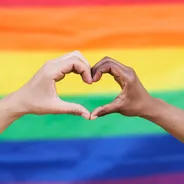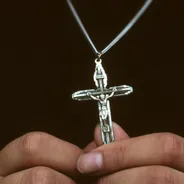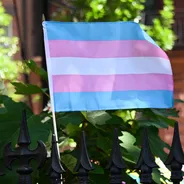In a historic victory for LGBTQ movements across Africa, Botswana's High Court has overturned laws criminalising consensual same-sex relations.
This comes just a month after Kenya's high court ruled not to decriminalise homosexuality in March.
Under Botswana's Penal Code, it was written that "carnal knowledge of any person against the order of nature," was an offence, one that could carry a sentence of up to seven years in prison. In addition to this, the section made "acts of gross indecency" (which could be in public or private) punishable by a maximum of two years in prison.
Letsweletse Motshidiemang, a 21-year-old student at the University of Botswana, brought the case to court in March. There, she argued that their society had progressed in its views, and that these laws were now out of date, according to The Tswana Times.
"A democratic nation is one that embraces tolerance, diversity, and open mindedness," Judge Lebaru said as he read the judgement. "Societal inclusion is central to ending poverty and fostering shared prosperity."
This is a pivotal moment, but not the only victory for LGBTQ activists in the country these last few years. The 2010 Employment Act made it illegal for employers to terminate contracts based on sexual orientation, and in 2017 rulings were made which laid the groundwork for trans people to more easily change identity documents.
Following a brutal attack on a transgender woman last November, Botswana's President showed his support for the communities affected.
"There are many people in same sex relationships in this country who have been violated and have also suffered in silence for fear of being discriminated," Mokgweetsi Masisi said, adding: "Just like other citizens, they deserve to have their rights protected."
32 out of 54 African countries have enacted laws making consensual same-sex relations illegal, according to the International Lesbian, Gay, Bisexual, Trans and Intersex Association (ILGA). In some countries, such as Nigeria, Sudan and Somalia, it is punishable by death.
According to ILGA's 2019 homophobia report, there are a staggering number of countries across the globe which enact discriminating laws such as these. Their report revealed that 70 UN member states still criminalise gay sex between consenting adults. In 26 of these countries, the penalty varies from 10 years to life imprisonment.










